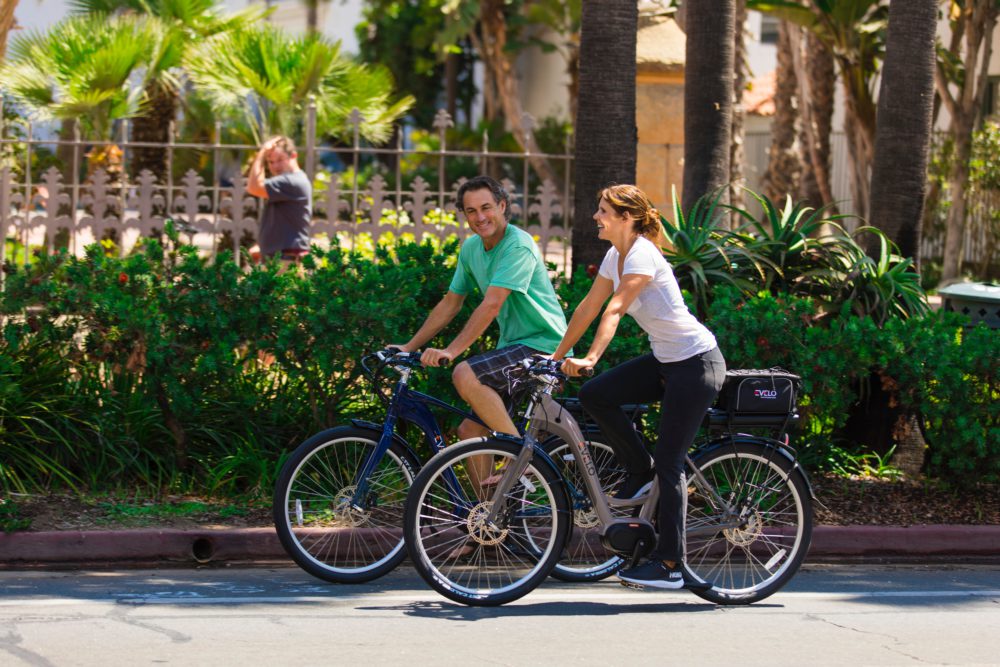You may not be as passionate about car insurance as we are. But don’t worry. ‘Driving Change’ – the new By Miles podcast – isn’t even about car insurance (well, at least not totally).
In each episode, some of our best and brightest turn their minds to a wider issue connected to the world of driving. This time out we’ve been asking…
How did we become a nation of low mileage drivers?
The UK’s average mileage has been falling for a long time. As you might expect, it plummeted during the pandemic. But, even after lockdowns ended, we still continued to drive less. So what’s going on?
That’s the very question the By Miles gang tackled in the first episode of the ‘Driving Change’ podcast. Watch as Kirsty Wilmot, our Head of Product, and Faith Galinwango, our Head of Customer Experience, explore why so many of us have become low mileage drivers.
With more mobility options, car ownership isn’t the only way.
2022 saw the first consecutive year of falling in car ownership for over a hundred years. Part of the reason will be down to the fact that people can still access cars without owning them. Car clubs and sharing schemes have risen in popularity – with memberships apparently doubling in 2022.
Another factor will be the simple fact that a lot of people now have less reason to drive. Many employers (including us) became fully flexible during the pandemic – and never looked back. For a lot of people, commuting was their number one reason for getting behind the wheel. But full-time commuting has fallen by 85%. Similarly, we do a lot more of our shopping from home – so much so that home deliveries are expected to add £20bn to the UK economy.
Finally, there are more ways of getting around. E-bikes and E-scooters have seen a big uptake. And with more people working at home, public transport can feel less crowded – making it a more attractive option.

There’s a generational shift.
Car ownership amongst young people is lower than it used to be. With a lot more people going to university, many students put off getting on the road until they’ve graduated. But beyond that, younger generations have grown up with a different mindset when it comes to ownership.
As Kirsty Wilmot, By Miles Head of Product, points out in the podcast, people are used to a more ‘on-demand’ approach to the things they use:
“Look at other things you have in your life. We have music subscriptions, TV subscriptions. I’ve not got a stack of CDs. Just the other day I was hosting a party with some friends. We used an app where you can rent things from people nearby, so we rented a smoke machine. That’s something I’d never consider buying.”
This means there’s greater reluctance to buy something you won’t use much. With our pay-by-mile cover, low mileage drivers can avoid that problem – but with traditional car insurance, you’ll pay full price no matter how little you actually use your car.
Of course, this attitude applies to vehicles too. We know that under 35’s are 5 times more likely to use a car share scheme than older drivers. And as a lot of people are having families later, their need for a set vehicle of their own is often just not there.
How should car insurance work for low mileage drivers?
Okay, we’re not giving out any prizes for guessing what our answer to this might be. We pioneered our pay-by-mile approach to car insurance because we don’t think people should have to pay for car insurance they aren’t using. Traditionally, car insurers haven’t rewarded low mileage drivers – in fact, they’ve often punished them with higher premiums.
We wanted to end all that and give folks who drive less a better option. With the nation’s mileage falling, there are more and more people who fall into that category (you might even be one of them). That’s why we created a form of car insurance that costs less the less you drive – and offers a bunch of other bonuses, from helping find your car to ULEZ reminders.
If you find you’re not using the car so much these days, why not get a quote.




